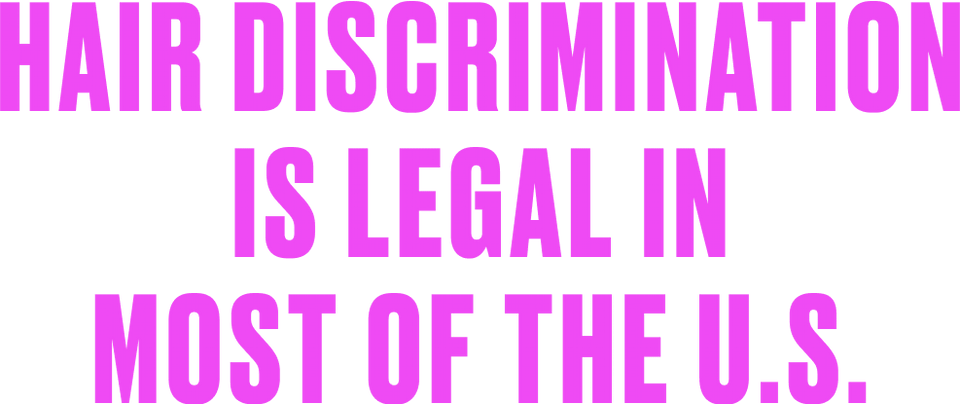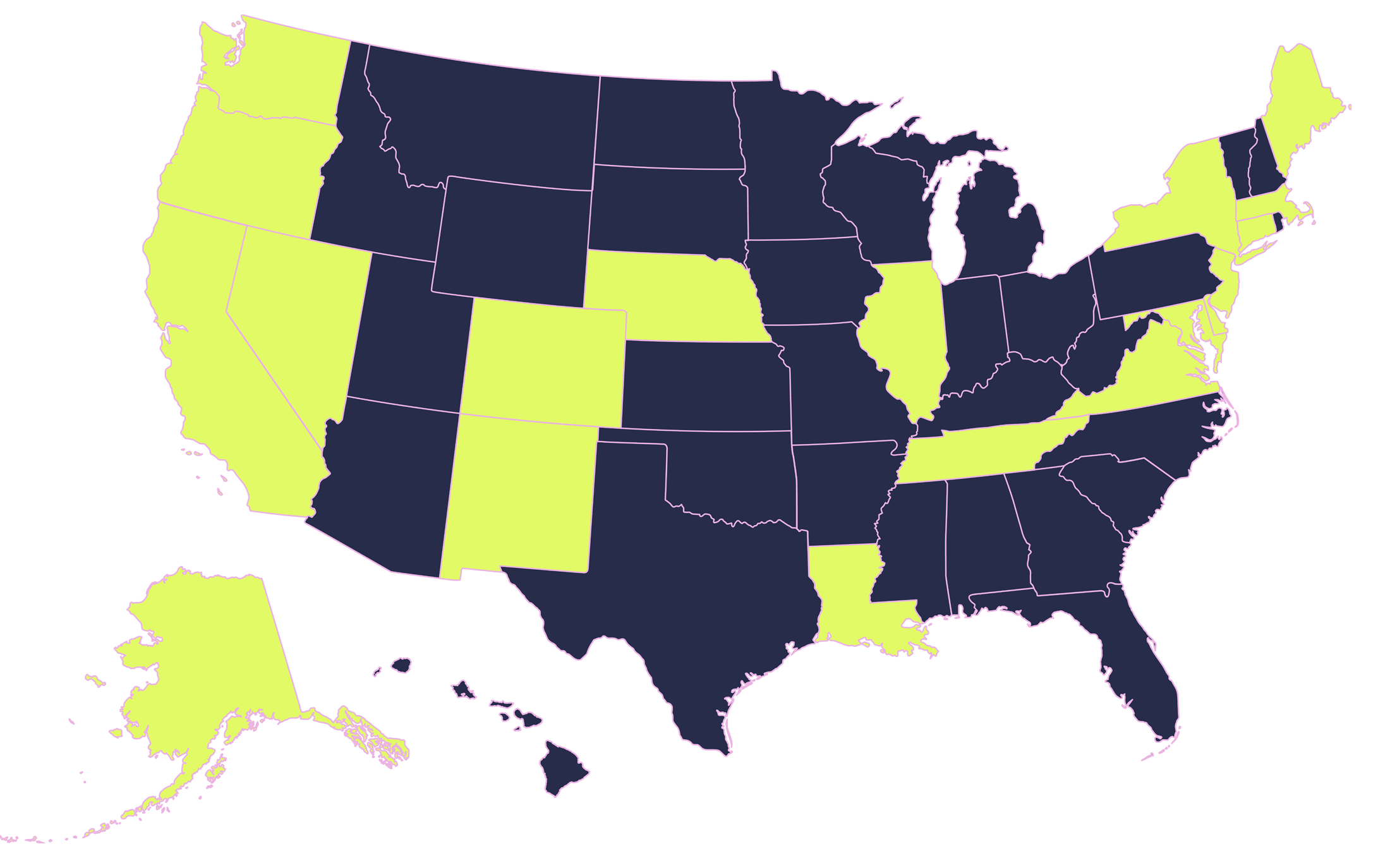
Passed
in 2019
Passed
in 2020
Passed
in 2021
Passed
in 2021
Passed
in 2021
Passed
in 2022
Passed
in 2022
Passed
in 2020
Passed
in 2022
Passed
in 2021
Passed
in 2021
Passed
in 2019
Passed
in 2021
Passed
in 2019
Passed
in 2021
Passed
in 2022
Passed
in 2020
Passed
in 2020
Passed
in 2022

of hair discrimination.

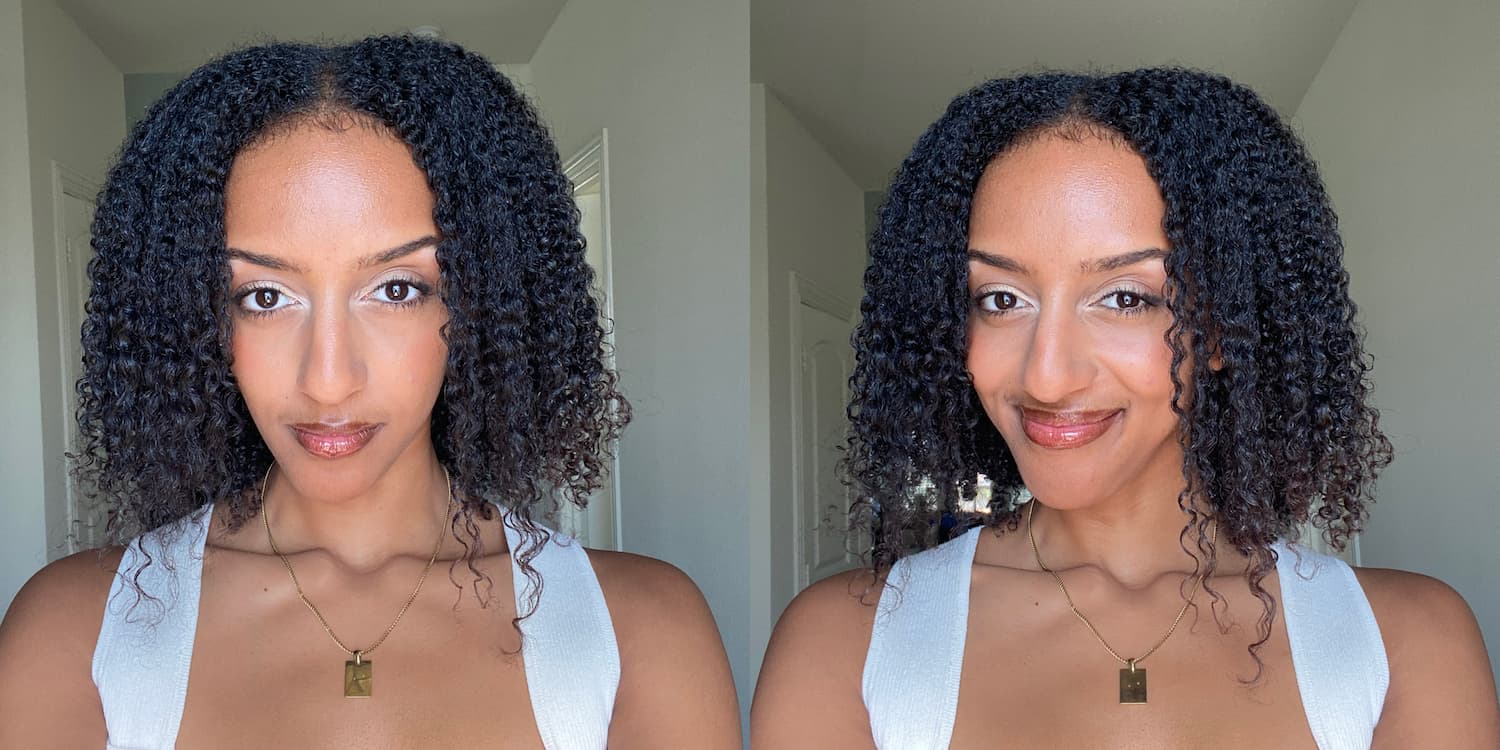
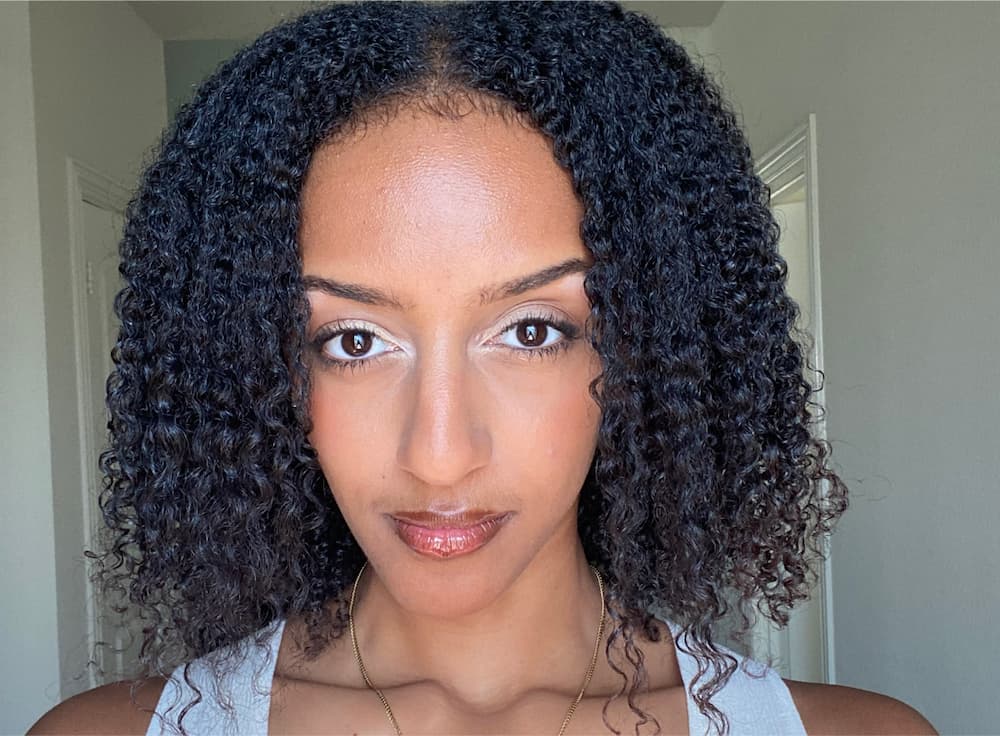
Naomi Samuel

“I wore my natural hair for the first time in years in an undergraduate class. When I walked in, a peer looked at me and asked, ‘What'd you do to your hair?’ I was immediately reminded that I was an outsider: one of the few Black women in the entire business school. Later, when I was a senior, I curated a photo exhibit of Black women with their natural hair. It wasn't until then that I felt like I belonged — I had to create my own space.”
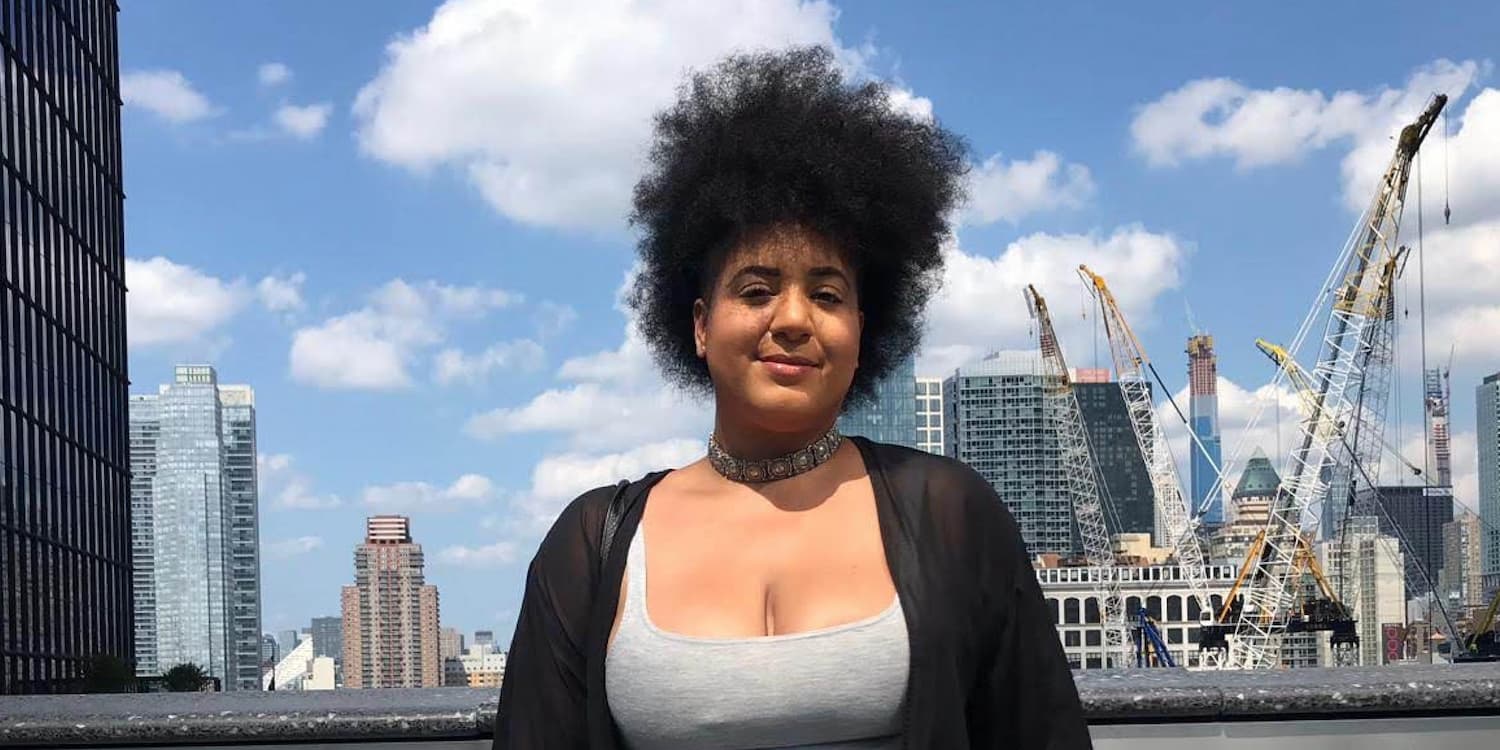
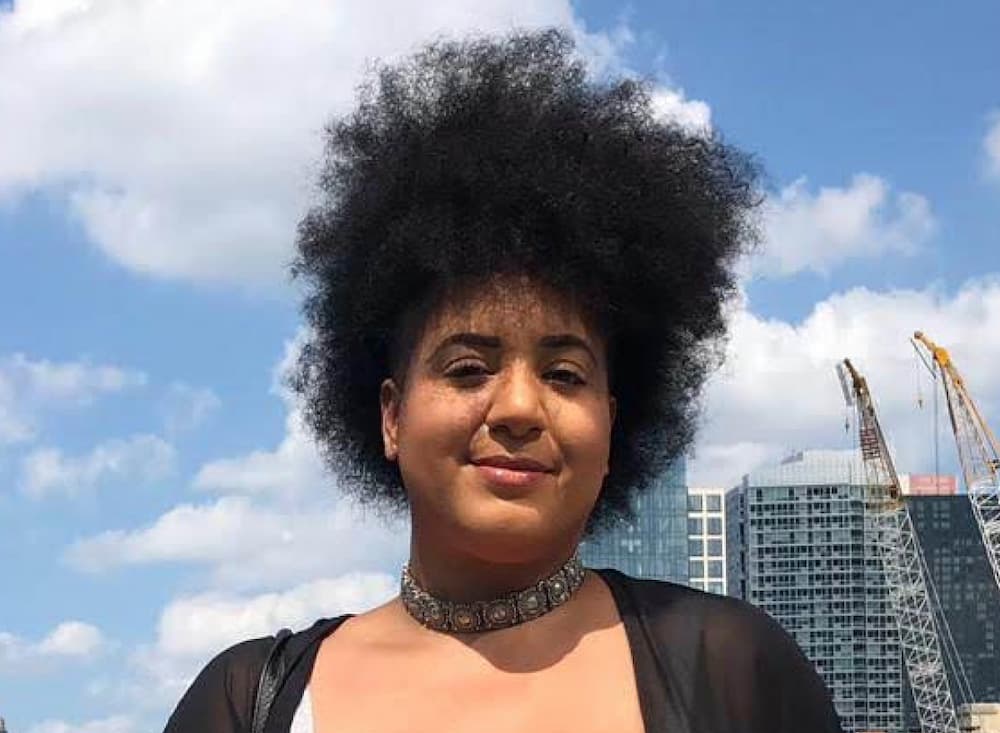
Crystal Vizcaino

“At my flight attendant graduation ceremony, the airline’s head of recruitment, culture, and leadership asked me if I could ‘change’ my afro. I said there isn’t a way to change the texture patterns and direction of my afro because that’s how my hair naturally grows, but he said I needed to cut it or tie it up because it looked ‘unkempt, uneven, and unprofessional.’ When I reported him to human resources, he claimed there wasn’t a ban on certain hairstyles — even though he still mandates that I tie my afro up into a ponytail.”
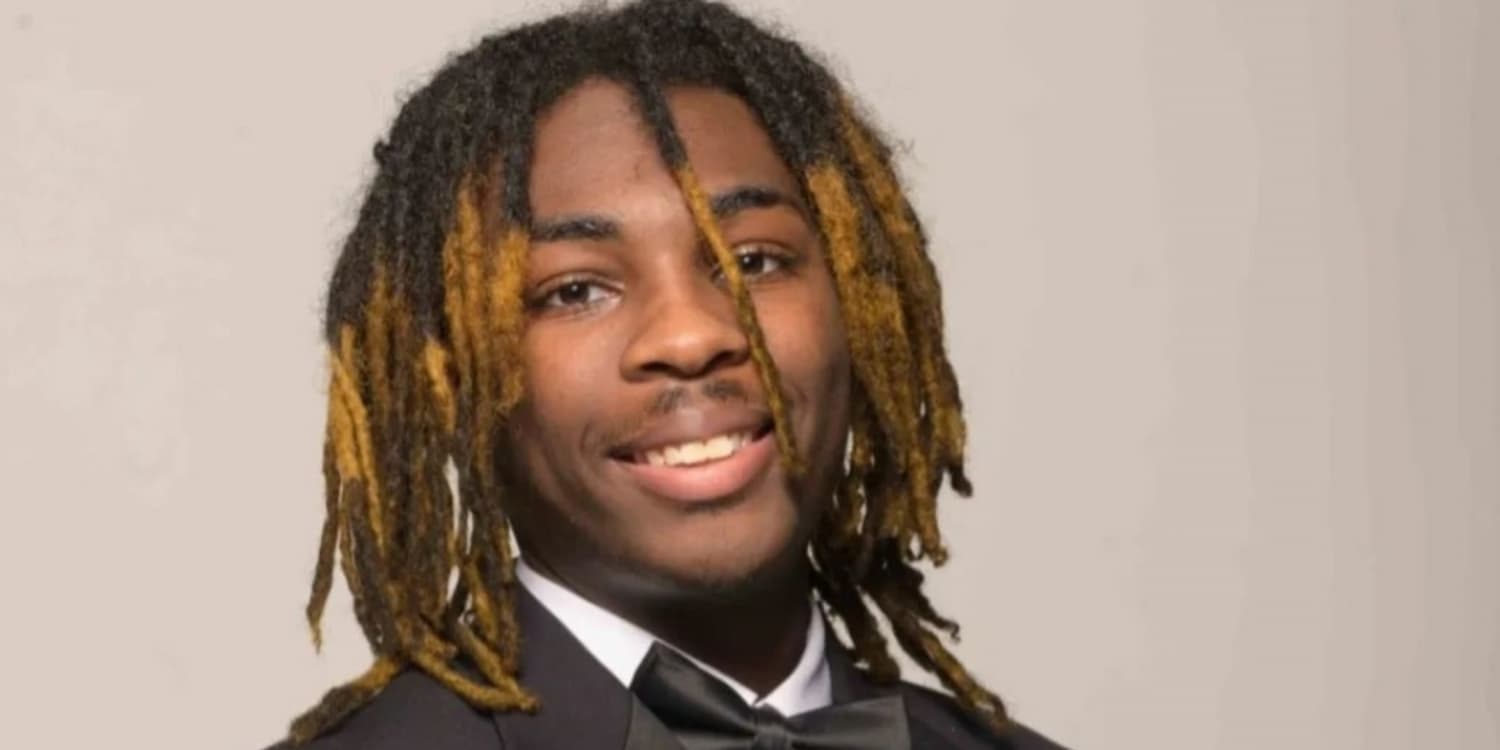
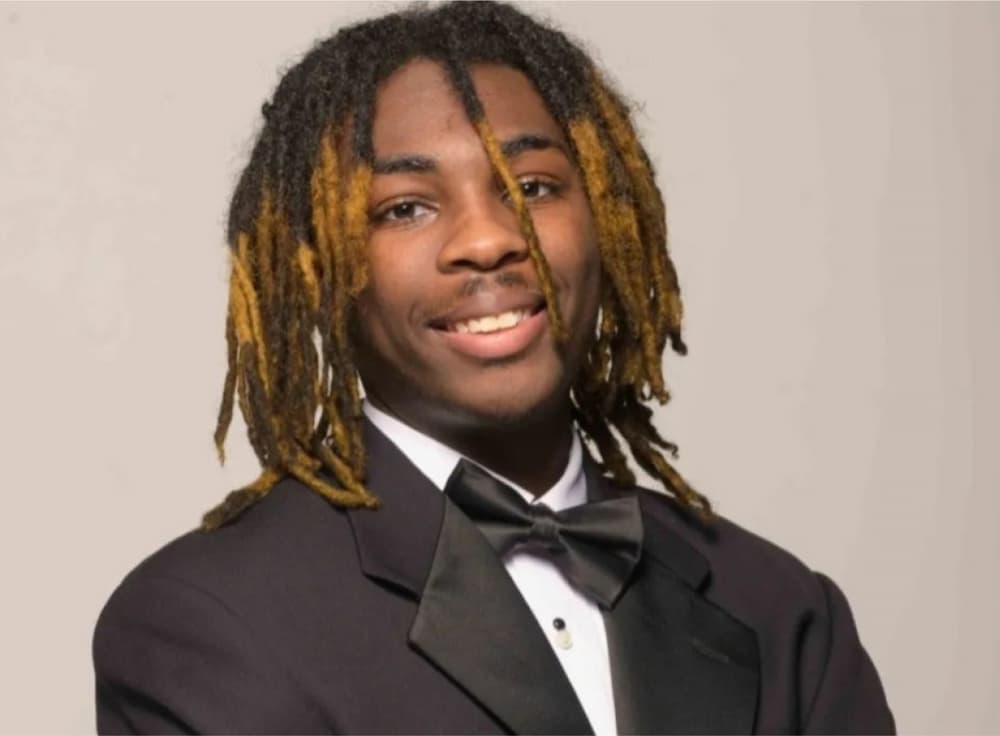
Jacob Rush

“I was told I wasn’t allowed to walk across the stage at my high school graduation because of my locs. But after receiving 101,325 signatures through a petition on Change.org, and with support from the Crown Act [movement], I was eventually able to march with my class. My experience made me realize there should be more awareness about this topic &mash; our hair is beautiful, and we don’t deserve to be treated any differently because of it.”
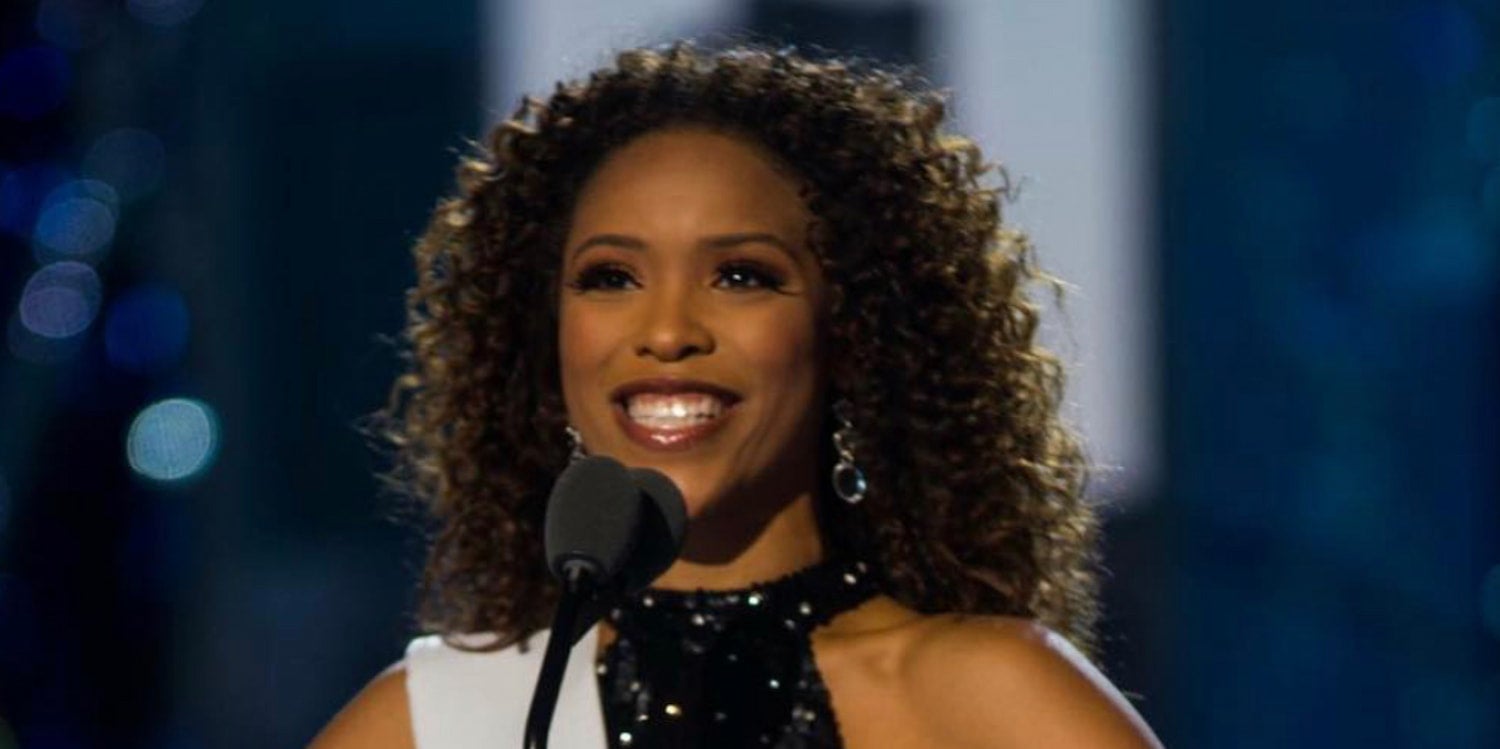
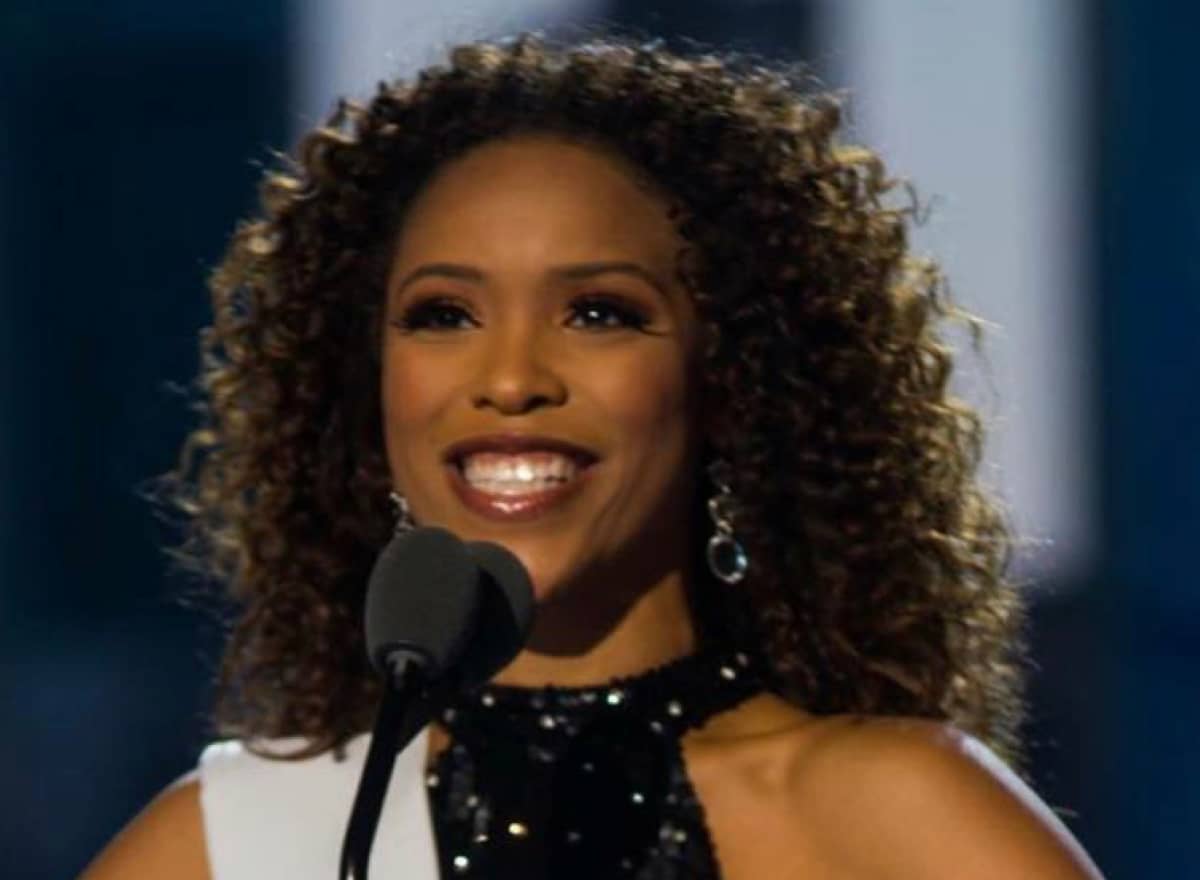
Gabriela Taveras

“When I started competing in pageants, I found myself at the intersection of who I am as a first-generation Dominican Afro-Latina and who the world expected me to be. I was the first Black Miss Massachusetts, and my naturally curly hair became a point of dialogue: Some recommended I continue wearing it straight during competitions to increase my chances of winning Miss America, but when I saw what it meant to brown and Black girls to see someone like me fully embrace myself, I could never go back. The retirement of straight hair marked my crowning moment.”
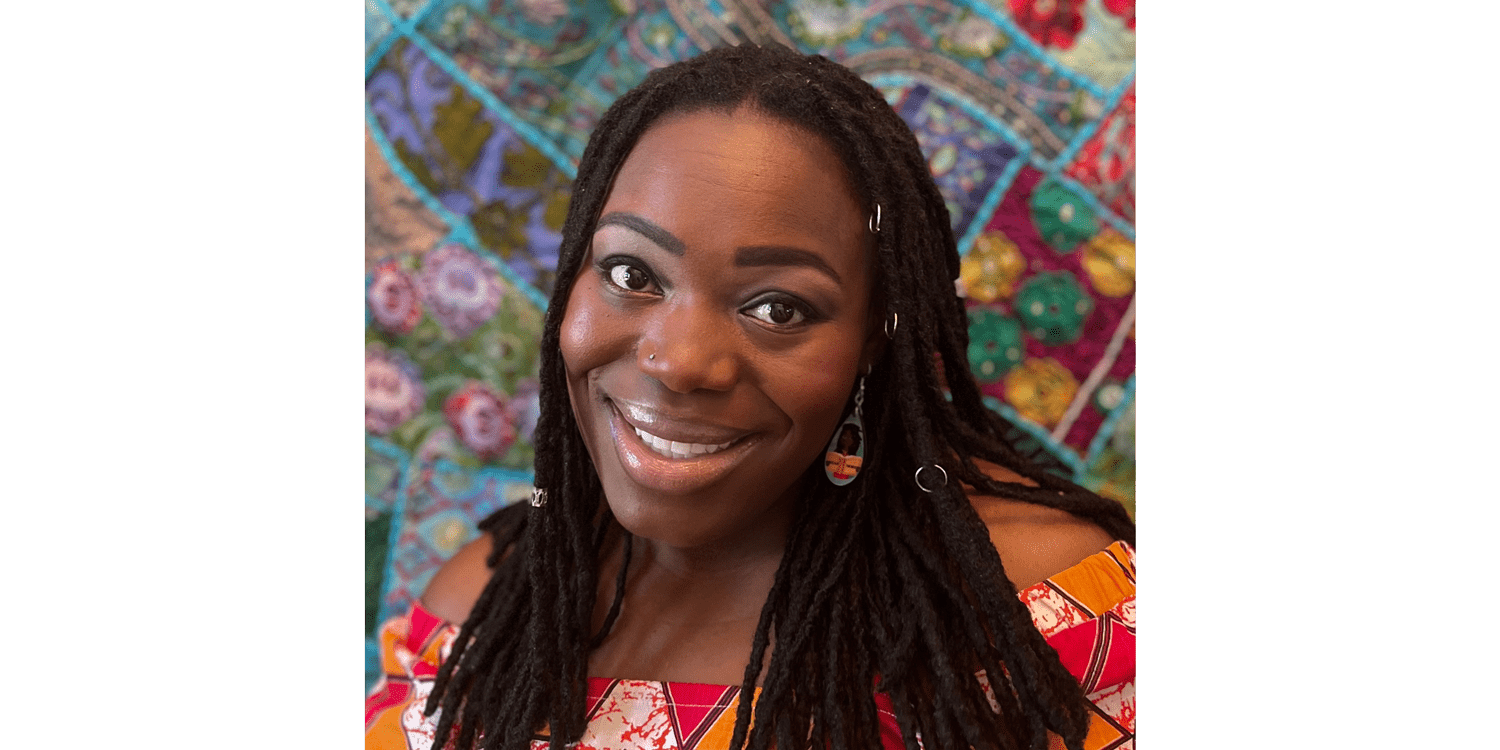
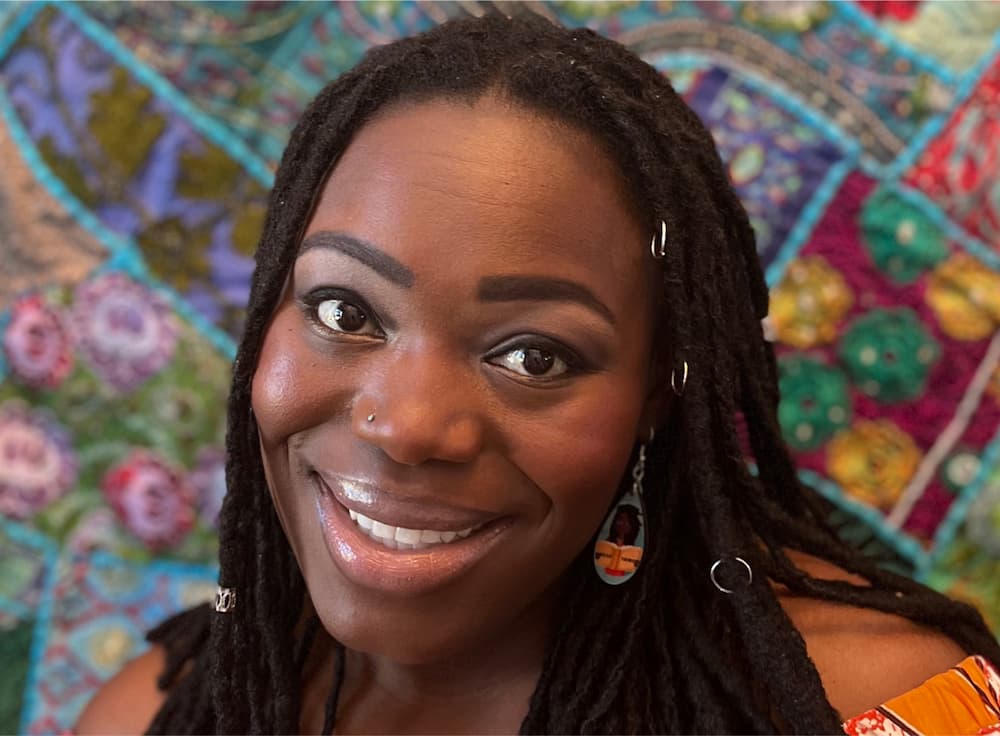
Kori Swearengen

“When I was 19, I interviewed for a job. In the middle of it, the interviewer asked me if I would ever change my hair. When I said no, his body language changed — I sensed that he didn’t like that answer, and I wasn’t going to get a follow-up interview. I was completely humiliated. Seventeen years later, I still think about it.”
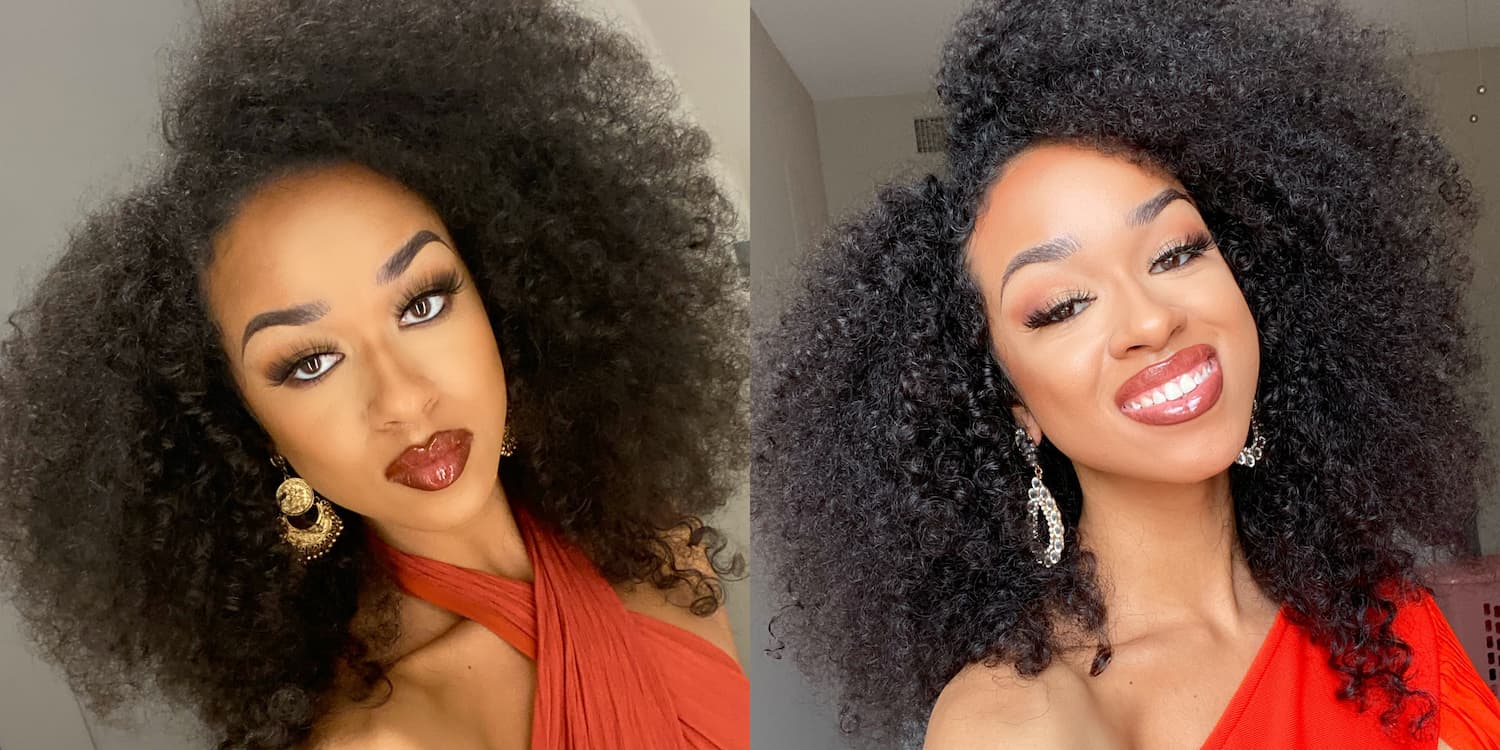
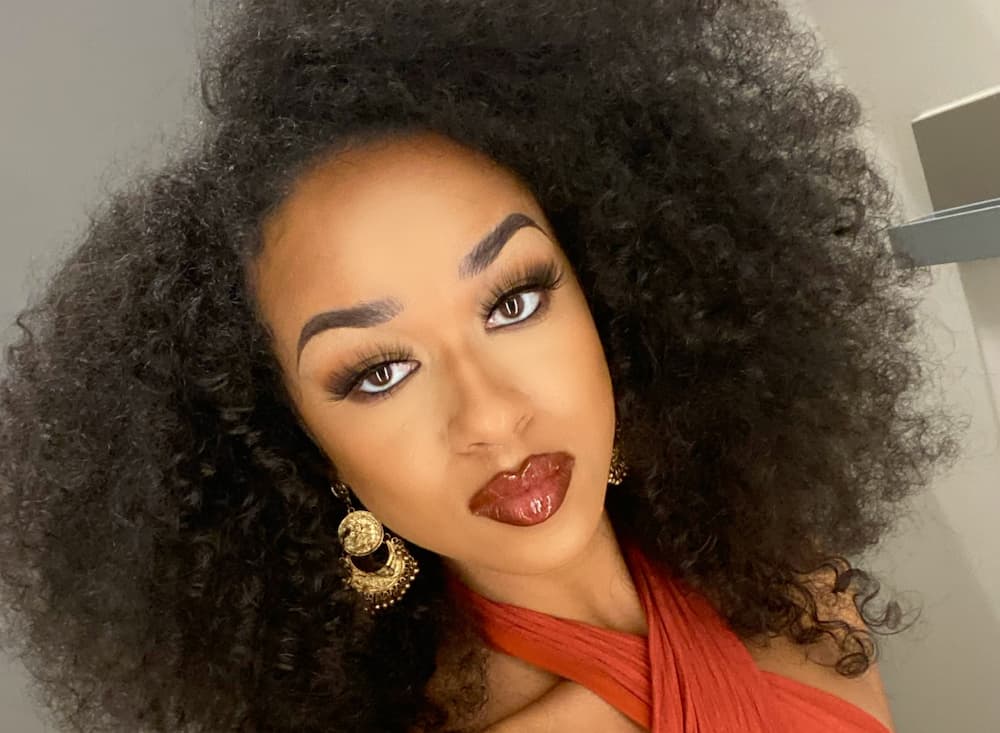
Vanessa Van Dyke

“When I was in the sixth grade, my classmates teased me about my hair texture, claiming they couldn’t see the board and calling me names like ‘cactus’ and ‘squirrel.’ When I reported it, the principal told me to straighten or cut my hair if I wanted the bullying to stop. After I shared my story with the media, my school asked me not to come to school for several days and even tried to block my registration for the following year. I’m now in college and am competing to become Miss Georgia USA, where I hope to help young girls and boys be proud of their natural hair.”
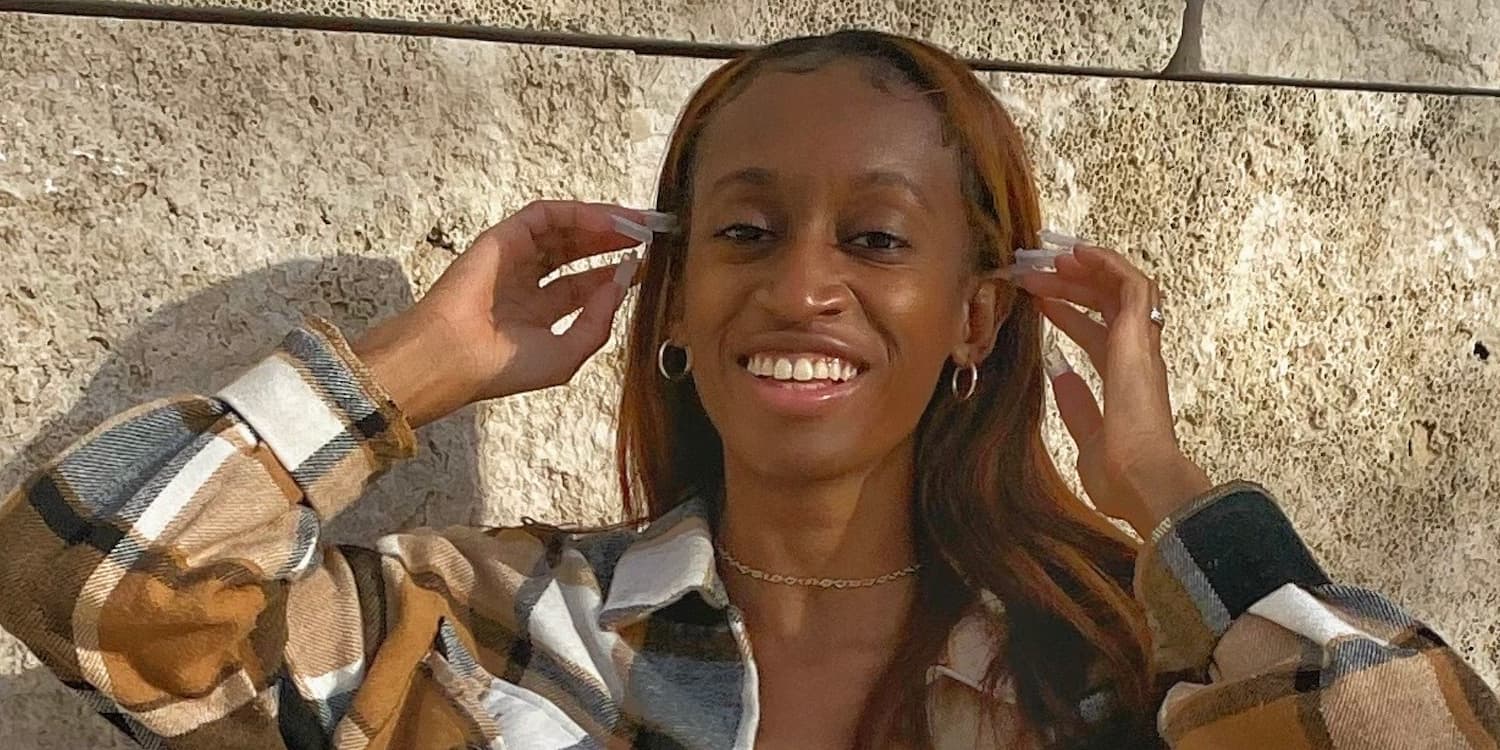
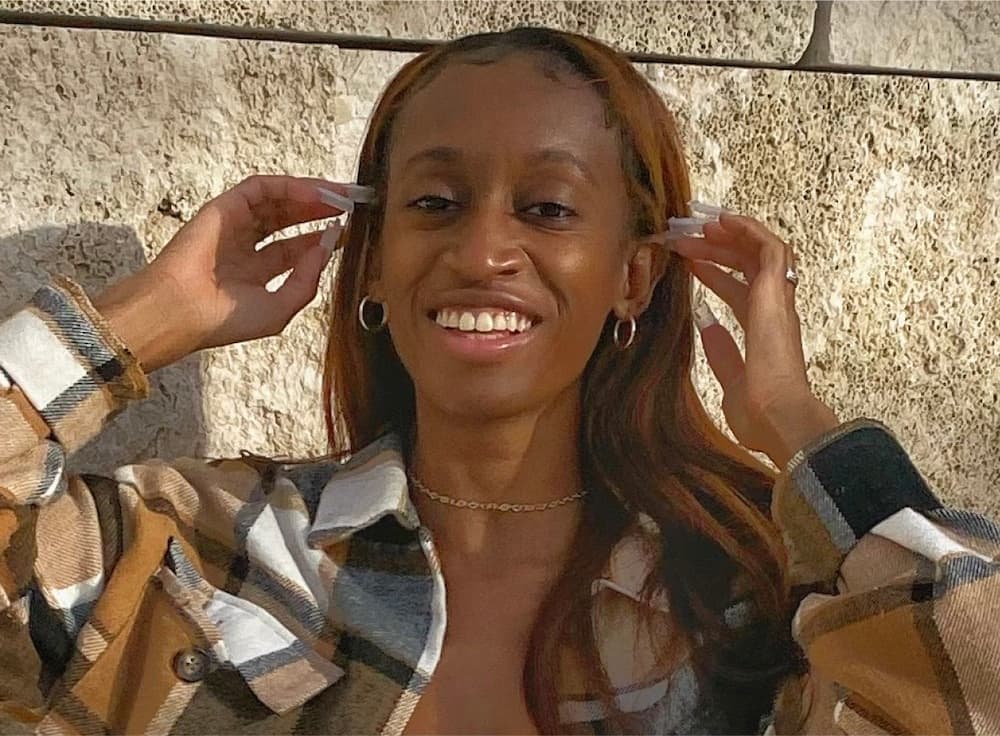
Breanna Davis

“My first job in L.A. was working bottle service at a club downtown. On my first night, I wore my curly 4B hair in its natural state, as I always did. The owner — who was a Black man — said, ‘You did alright, but the next time you come back, make sure your hair is done.’ From then on, I wore my hair in low buns or in a curly ponytail, but he only ever positively acknowledged my appearance when I wore straight wigs or extensions. This was the first time in my 26 years that I ever felt undesirable.”
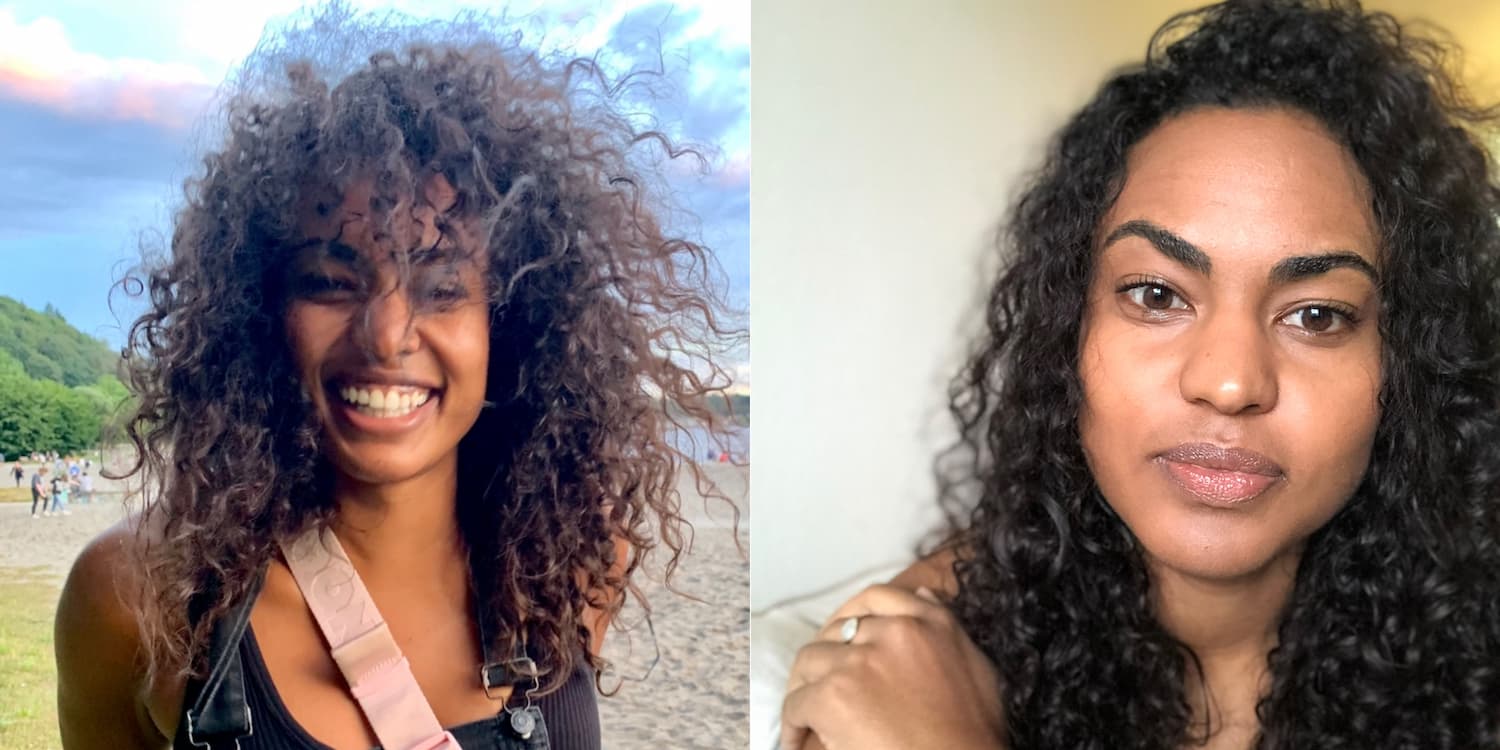
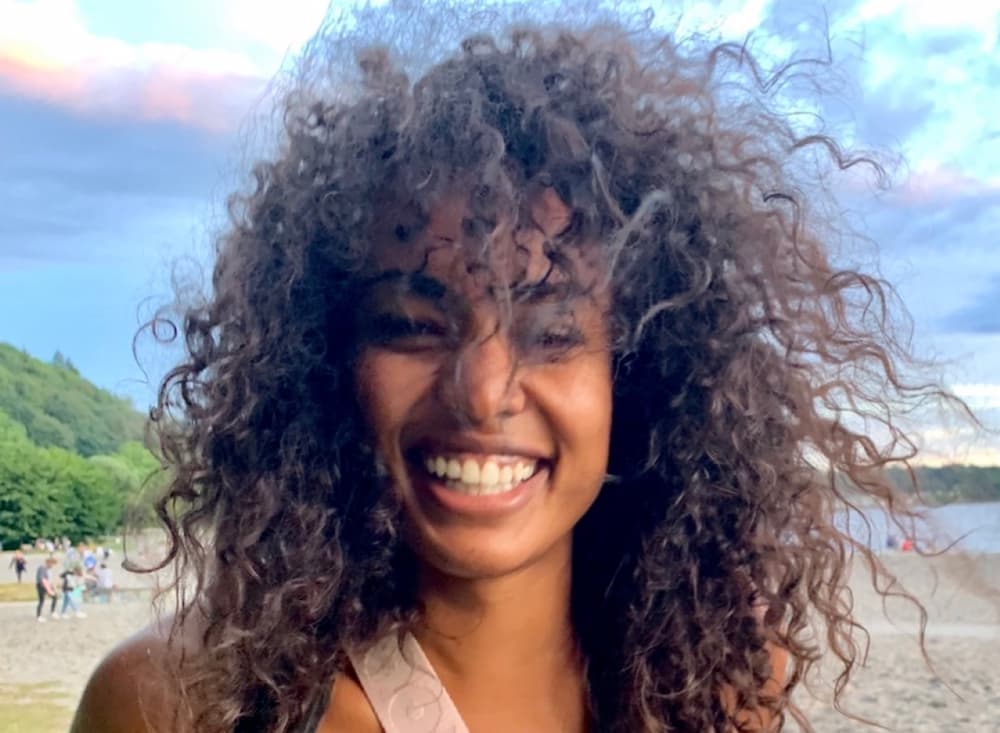
Kailee Lee

“I work at a mental health clinic, and a colleague once told me I should straighten my hair so I don’t ‘scare patients.’ I’ve also been told I shouldn’t put my hair in braids because I look ‘too Black.’ How I wear my hair often impacts how I’m treated: When it’s straight, I get more compliments, and people often tell me to wear it straight for dates, job interviews, or anywhere I need to look more ‘presentable.’”
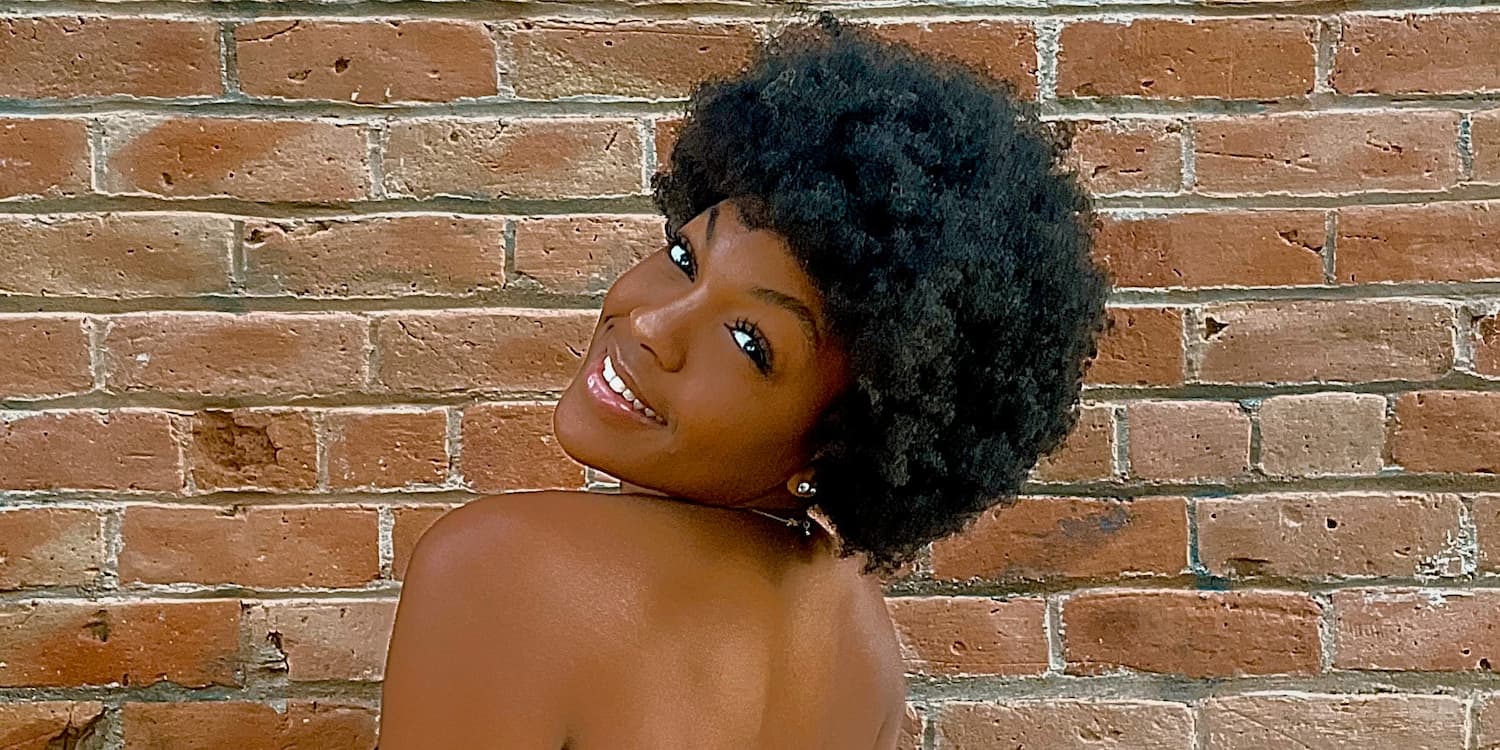
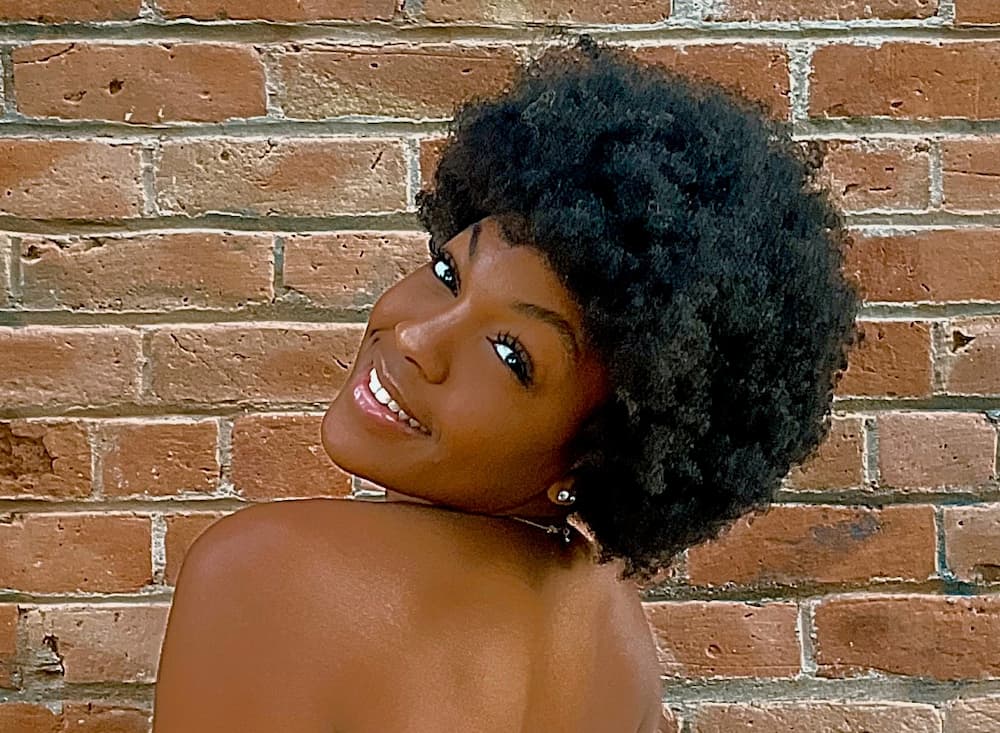
Kayla Evans

“When people aren’t used to seeing my 4C curly hair, they don’t know what to think. My ex boyfriend, who’s white, once said it looked ‘nappy.’ And I was teased in high school [by my white classmates] for not having long, flowing hair. But it’s not just the white community who has a visceral reaction; Hispanic communities in my town have a dedicated term for my natural hair — pelo malo — aka ‘bad hair.’ It’s hard not to feel insecure or objectified, especially when people touch my afro as if it’s some other-worldly phenomenon.”
Where the
CROWN Act* is law

California (2019), New York (2019), New Jersey (2019), Virginia (2020), Colorado (2020), Washington (2020), Maryland (2020), Connecticut (2021), Delaware (2021), New Mexico* (2021), Nebraska* (2021), Nevada (2021), Oregon* (2021), Illinois* (2021), Maine (2022), Tennessee* (2022), Louisiana* (2022), Massachusetts (2022), and Alaska* (2022).
*Or legislation inspired by The Crown Act









